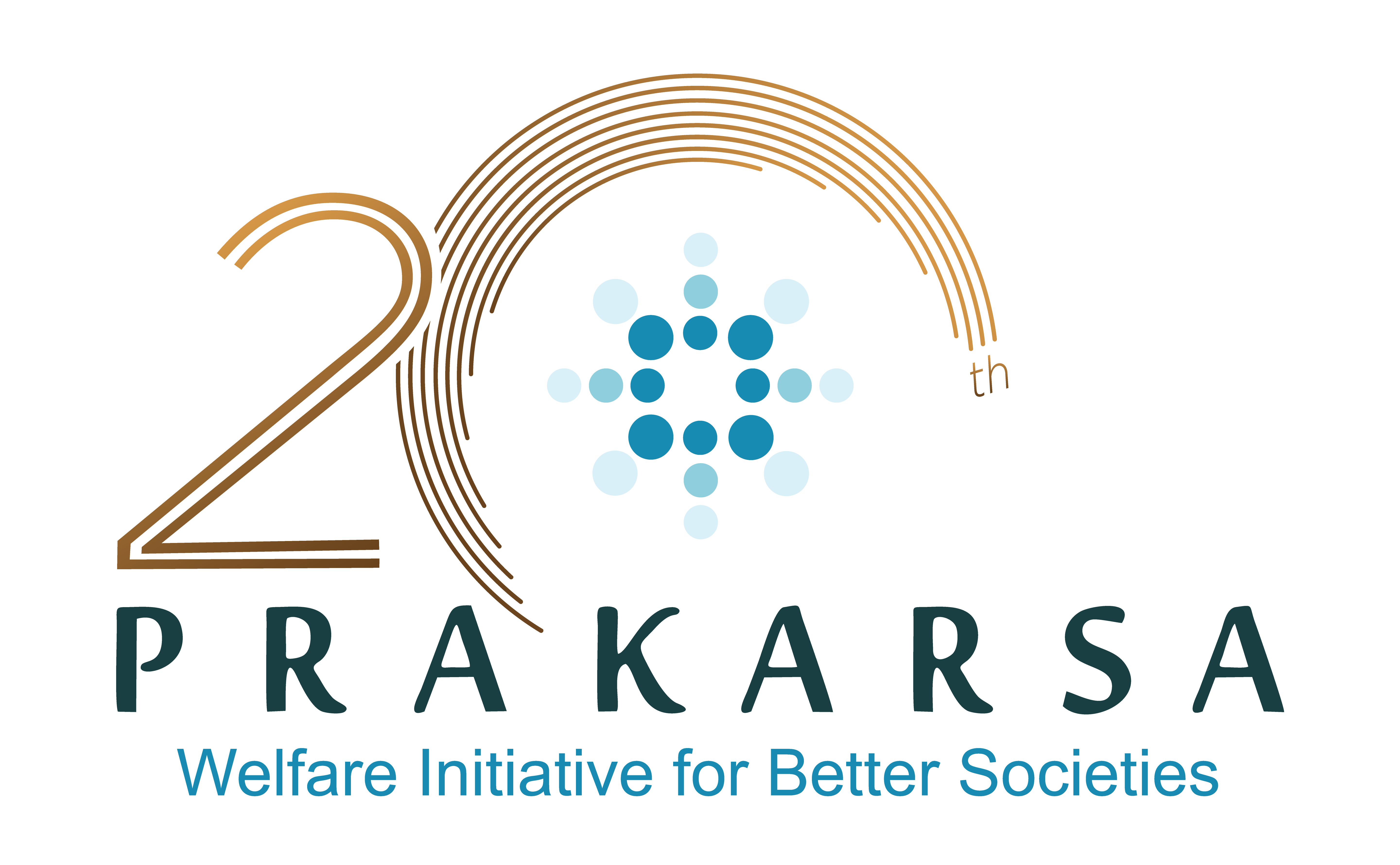
By: Eksanti Amalia Kusuma Wardhani (The PRAKARSA)
The cost of childcare has skyrocketed in Indonesia. Private childcare facilities charge approximately Rp 3 million (US$ 184.58) per baby per month. Similarly, in Jakarta, childcare expenses are soaring, reaching approximately Rp 4.6 million per month.
The expenses exclude additional costs, such as enrolment and activities fees. In one year, parents may have to spend up to Rp 61.5 million for childcare per kid, almost equivalent to the tuition for higher education.
Childcare services with decent facilities are often followed by a higher price, whereas low-cost childcare is often questioned in terms of its adequacy. A study conducted by the Indonesian Child Protection Commission (KPAI) in 2021 found that 44 percent of childcare services do not have licenses. The lack of childcare licenses impacts the quality of facilities offered, which is also proved by this study that 20 percent of childcare observed is of poor quality.
Although the quality standard has been administered under the Education and Culture Ministerial Regulation No. 137/2014 on the national standards of early childhood education, childcare with inadequate facilities still mushroomed.
Unlicensed childcare often lacks standards of safety, health and other facilities, such as clean and safe rooms, restrooms, indoor and outdoor playgrounds, as well as a sufficient ratio of children to caregivers. Nevertheless, this type of childcare is typically more affordable.
Costly childcare services trigger access disparities between low-income and high-income families. Low-income families often find it difficult to access decent childcare services. As a result, low-cost childcare services with inadequate facilities are seen as substitutes. Utilizing such services also constitutes neglect of children’s safety.
The escalating charge of childcare has a profound effect on women’s lives. In a country still rooted in a patriarchal culture, often forcing women into primarily fulfilling domestic duties, such as cooking, cleaning, childbearing and child-rearing. Economically disadvantaged women who are unable to bear expensive childcare are forced to opt out of the labor market in order to fulfill their household obligations.
The circumstances are portrayed through Indonesia’s Female Labor Force Participation (FLFP) rate, which has been stagnant over two decades, averaging 50.3 percent in 1990-2022 and reaching 53.3 percent in 2023. At the same time, the male labor force participation rate was 81.9 percent, leaving the gap at approximately 28.6 percent.
Accordingly, research by the World Bank showed that 40 percent of women working in wage employment were dropping out of the labor market after marriage and childbearing. Unluckily, these women have to relinquish their careers during productive ages around 20-40 years old, which would make it difficult for them to reenter the labor market.
Unfortunately, childcare has not yet been seen as a primary necessity due to the current perspective that child-rearing is a private family matter. Thus, the government likely considers providing accessible childcare services as a nonpriority. This is evident from the government expenditure on early childhood development and childcare services, which is only 0.04 percent of GDP in 2019.
This number is well below the average government expenditures of Organization for Economic Co-operation and Development (OECD) countries, which accounted for 0.7 percent, and considerably less than the recommended expenditure level of 1 percent of GDP.
However, given the adverse impact on women, it is crucial for the government to start providing accessible quality childcare, particularly for low-income women who are unable to acquire such services. Providing inclusive childcare services could be beneficial to increase the FLFP rate as well as GDP growth.
A recent study by the World Bank, which researches the impact of increasing government spending on childcare services in Indonesia, discovered that raising public spending to 0.1 percent of GDP would increase GDP growth by 0.4 percent and the FLFP rate by 56.2 percent in 2030.
This increase is in accordance with the target of the FLFP rate in the National Medium-Term Development Plan (RPJMN) 2020-2024, which accounts for 55 percent. Meanwhile, increasing childcare investment to 0.5 percent of GDP would raise GDP growth by 0.69 percent and the FLFP rate by 58.3 percent in 2030, which coordinates with the Group of 20 commitment to increase the FLFP rate by 58 percent in 2025.
The government plays a pivotal role in increasing accessible and high-standard childcare. In this regard, the government of Indonesia could adopt several policies from other countries that have successfully provided accessible and quality childcare services.
First, granting financial assistance to parents, particularly to economically vulnerable families. Parents could receive some financial assistance to obtain childcare services through subsidies, vouchers or allowances. Countries such as the Czech Republic provide an allowance for parents whose child attends nursery school, whereas, in Serbia, parents acquire partial reimbursement for private childcare services when public services are at over capacity.
Second, providing economic support to childcare services. This policy could be implemented through a public private partnership (PPP) with private providers, such as subsidizing tuition and training fees, school and meal supplies, maintenance of facilities, utility bills and teacher salaries. For instance, Mexico and Malta provide childcare services with meal supplies and utilities, including school uniforms and stationery.
Lastly, offering tax-based incentives for childcare expenses, such as tax credits, tax deductions or tax exemptions, specifically for employees and childcare providers. In this regard, providing tax-based incentives for childcare services could be utilized in improving childcare quality standards.
Regarding tax credits to employees, the United States has implemented the Child and Dependent Care Tax Credit (CDCTC) to assist working parents in covering childcare expenses. However, tax-based incentives would be difficult to implement in countries with high levels of informality because the wage received is below the minimum income threshold for tax reporting.
Providing accessible and quality childcare services is pivotal in supporting working parents, not to mention economically marginalized women, to reduce the burden between public and private spheres. Therefore, obtaining affordable and high-quality childcare services should be considered an essential need, particularly for the government as policymakers.
***
This article was published in thejakartapost.com with the title “Enforcing childcare as a primary necessity”. Click to read: thejakartapost.com

